You want to go left, your horse decides he'd rather do a flying lead change into a bucking pirouette. Maybe he was just expressing his frustration at your lack of communication skills.
Let's face it, body language is no longer a natural skill for people. We rely almost exclusively on verbal or written language to communicate to one another. We're pretty ready to disregard body language even when it's in direct contradiction to the what that person is saying.
But horses aren't privvy to this type of communication club. They don't disregard body language, every emotion you carry to the barn with you is a screaming signal to the horse – and how many times are those emotions conflicting and unclear?
To make matters more complicated (because, why not?) our ability to be clear when speaking or writing is in a state of infantile progression. Half of us spend our lives communicating half-sentences, missing details, relying on the other person recognizing some obscure reference, and slang.
I have conversations every day with people where I'm left going “huh?” They start in the middle of a thought, completely leave out any concrete information and finish up with a semi-question you can't answer because you don't have any details of what they're asking. This is EVERY DAY dealing with professionals in many fields. If I'm left frustrated, pulling my hair out, you can bet that your horse is even more frustrated when you communicate with him this way.
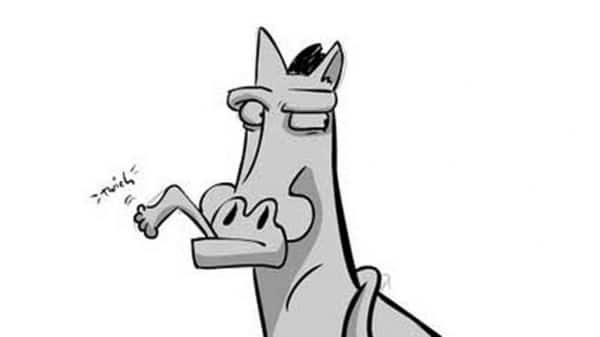
You asked for your horse to go left – well you thought you asked anyways. You thought you pressed your right leg to his barrel and applied a direct left rein; but can you be sure? You probably thought nothing about how you caught your horse either, while you approached him head on like a predator and yelled at him for running away. You can't figure out why he won't lead properly without running his shoulder into you sporadically. He doesn't stand still for mounting or walks off as soon as your leg is over his back. He leans on the bit or shies away from any contact, spooks and is either dull or too sensitive to the aids.
Guess what? These aren't training problems, they're communication problems.
Stop frustrating your horse by practicing these rituals when you work with him –
- Be Conscious
This one is a no-brainer, but how often have you been driving and suddenly realized you don't recall a portion of your drive? You were on autopilot, zoned out, unconscious but still functioning. This happens when we do other activities like working with our horse. Make a conscious effort before you get to the barn to clear your mind of any clutter you've been carrying around (how you're gonna pay bills, when you have to pick up Sally from day-care, hubby is going to freak when he realizes you bought another saddle). - Make Your Actions Intentional
I have a habit of digging at the palms of my hands when I'm super-nervous. It's something I do out of habit, sometimes I'm conscious of it and other times not. But it isn't an intentional action anymore. Pay close attention to every action you make to the horse and be sure they're intentional and not just out of habit. - Be Detailed
Your horse can't “fill in the blank” of your poor communications… well that isn't true but chances are you won't like what he fills it in with. Stop making it a guessing game for your horse where he's always on the losing end. Give him every piece of necessary information to get it right and earn a reward from you. - Set Him Up For Success
This is a follow-up to being detailed. Don't force your horse into a no-win situation, which is exactly what vague dialogue does. It only leads to frustration, stress and rebellion. Approach every situation with the intention of making his success your responsibility. If he isn't giving the right answer it's because YOU made a mistake.
You could even apply these principles to your conversation skills with other people, and I'm pretty sure they'd thank you too.
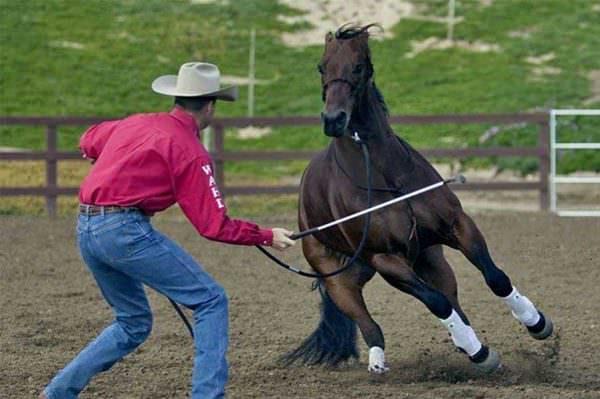
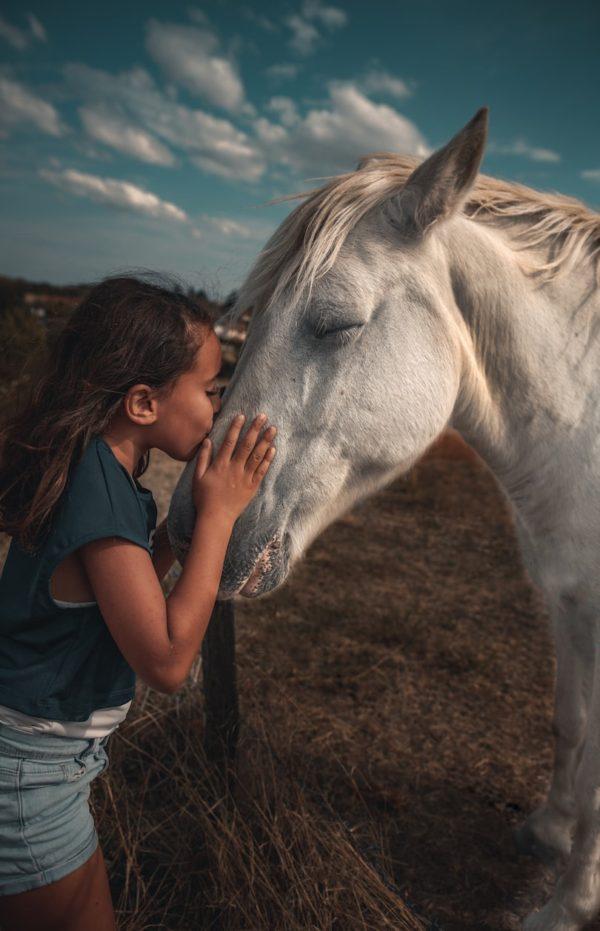
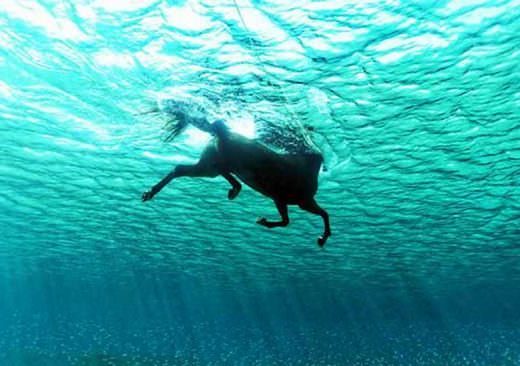
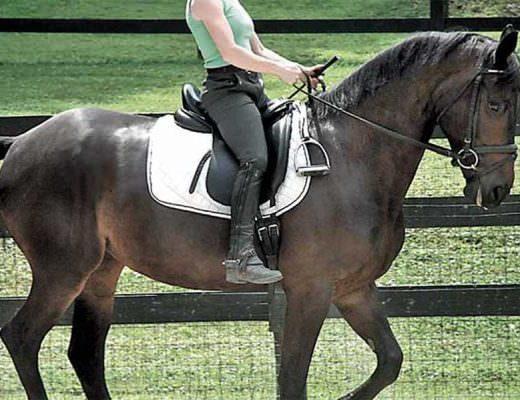
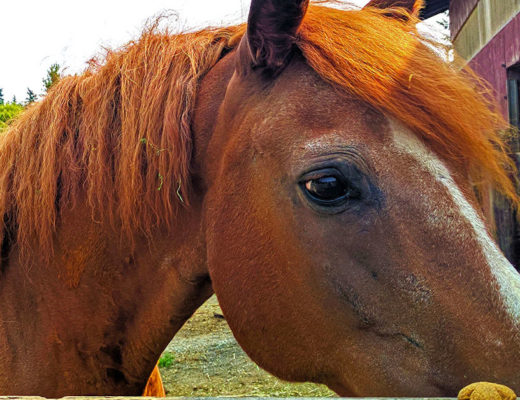
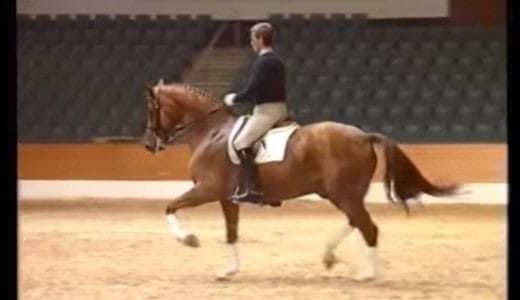
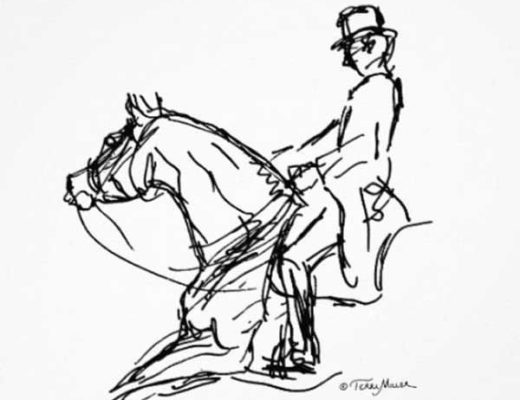
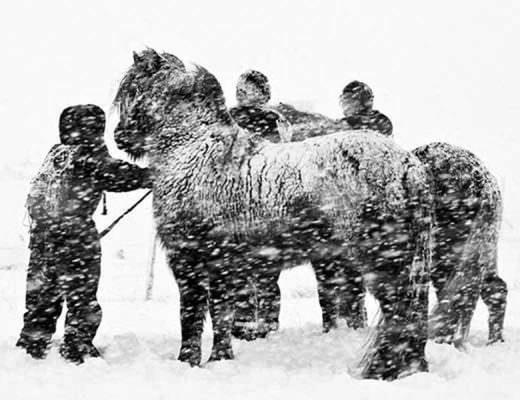
Horses have personalities, too. They aren’t a sponge upon which you can project perfect communion and get whatever you want back. There are horses who will ALWAYS test you in different ways—whether it’s to see if they get to be boss today or to see if the holding-the-breath trick will work this time. It’s rarely malice, unless the horse doesn’t have good human relationships, but no level of trust is going to make a really lazy horse want to try something hard or a high-string horse to enjoy a slow ramble with nothing more exciting at the ends—even if they reluctantly comply.
I agree that horses have personalities, if they didn’t we might as well all be riding 4-wheelers around instead of spending time developing a relationship with our horse.
I disagree with the wording of “test” in terms of the horse’s expression of their personality, or their mood on a particular day. It indicates the horse is consciously trying to sabotage you, which is something humans do to each other but not horses. A horse will try to protect their best interests, which too many equestrians interpret as the horse behaving as a human might to spite another human.
If your horse feels the need to try to play boss towards you, have you ever tried to find out what you’re doing to make the horse feel the need to regain that power from you? Are you giving the horse room to have a voice in the conversation, or are you talking over them all the time? Riding should be a collaboration, not a dictatorship.
Holding breath when being girthed can be for many reasons, but I’d start by checking for ulcers. There are also very sensitive muscles that run along the path of the girth which can easily be made sensitive or painful. The horse is holding their breath at girthing for a reason, not just to give you a bad time.
The lazy horse? Laziness doesn’t just happen, there are reasons. Lack of motivation or interest in the task, lack of physical fitness to perform the task, and even pain. Pain doesn’t always just manifest as lameness. Confusion can also be a cause, if the horse doesn’t understand what you want how can you expect them to respond quickly? Some horses react to confusion by becoming nervous and excited, others by becoming dull.
Commonly conflict between what we want and what the horse wants to do is having too great a distance between our expectations and where the horse currently is.
For example, if I went to the gym and hired a personal trainer to help me get fit, even if I was originally really really excited to start I could very quickly lose interest and appear lazy to the trainer if they push me too hard too fast (and trigger too much physical discomfort for me to overcome in the subsequent training sessions), if they ask me to do something that is completely outside my abilities (breaking my trust in their judgement), or fail to motivate me on the days I’m distracted or really struggling.